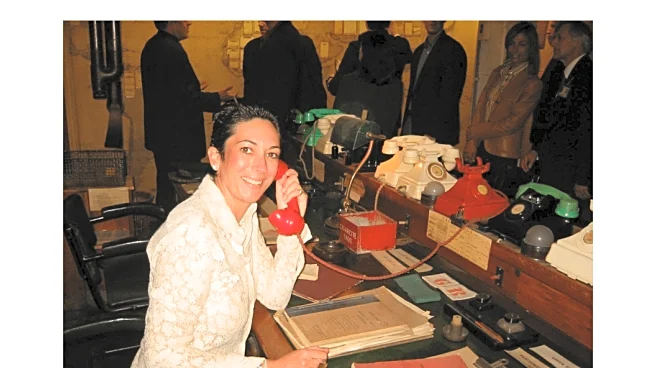Rapid Read • 7 min read
New research has identified an enzyme, adenylosuccinate lyase (ADSL), unique to modern humans, which may have provided an evolutionary advantage over extinct relatives like Neanderthals and Denisovans. The study, published in PNAS, found that a single amino acid change in ADSL, present in Homo sapiens, affects the enzyme's stability and efficiency. This variation is linked to behavioral traits and may have enhanced humans' ability to seek water, a vital resource. The research involved experiments with genetically modified mice and analysis of the human genome, revealing that the ADSL gene's location was evolutionarily favored.
AD
The findings are significant as they offer insights into the genetic changes that may have contributed to the survival and success of modern humans. Understanding how specific genetic variations influenced behavior and adaptation can shed light on the evolutionary processes that shaped human development. This research also highlights the complex interplay between genetics and environment in determining evolutionary outcomes. By identifying key genetic factors that provided advantages in resource-scarce environments, scientists can better understand the unique traits that distinguish modern humans from their ancient relatives.
The study raises intriguing questions about the broader implications of genetic variations in human evolution. While the ADSL enzyme's role in behavior is not fully understood, the research suggests that small genetic changes can have significant impacts on survival and adaptation. This highlights the importance of studying ancient DNA and genetic diversity to uncover the factors that contributed to human evolution. Additionally, the research underscores the potential for genetic studies to inform our understanding of human behavior and cognitive development, offering new perspectives on the traits that define our species.
AD
More Stories You Might Enjoy












